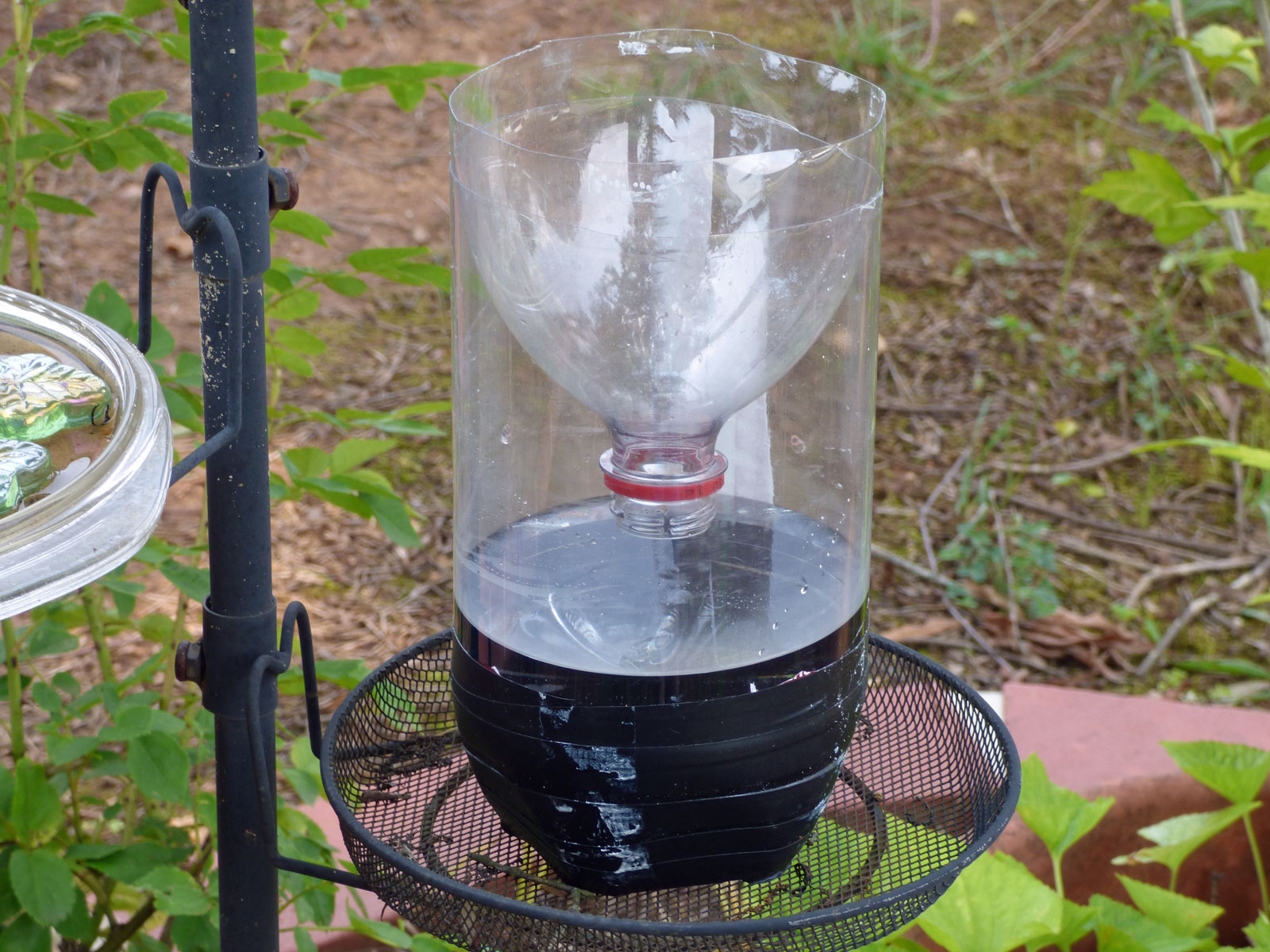Share a Coke With Your...Garden?
By: Lauren M. Liff for Dabah Landscape Designs
Coca Cola is one of, if not the most, popular carbonated beverage of our time. Most people enjoy Coke as a sugary carbonated soda but that is not all it could be used for! Coca Cola actually has a multitude of uses due to its sugar content and low pH level. It can be used as a cleaner for your spark plugs, car engine, toilets and tiles – it can clean up old coins and jewelry as well. It has also been used to relieve the pain associated with a jellyfish sting! With all of these different uses for this hallmark soda pop, could it possibly have any use in the Garden?
Originally, Coca Cola was derived to cure a Confederate colonel of his ailing addiction to morphine that began after he was wounded during the Civil War. He was initially seeking an alternative pain reliever and his searching led to the invention of Coca Cola. Now, since Coke was originally being used as a health tonic, you might be asking, “what possible use could it have in our gardens?” It turns out that Coke can actually be used to kill slugs! Some gardeners use beer while others use poison, but Coca Cola will work just as well.
Slugs start devouring your garden in the spring before most other insects are even close to causing their own damage. The suspect is easily identified as slugs leave behind a trail of silvery slime wherever they go. They feed on the foliage of your plants; they chew ragged holes into the leaves and can sometimes devour an entire seedling. To use the Coca Cola method to control slugs in your garden, simply fill a low bowl or cup with Coca Cola and leave it in you garden overnight. Just like using beer, the slugs will be attracted to the sugar in the soda and lure them into the bowl. The slugs will then find their way into the sugary drink and suffer a death comparable to drowning in acid. This method works on wasps as well; the homemade wasp trap is similar to your slug trap, you could use a low bowl filled with the soda or even an open can or bottle of Coke will do. The wasps are also attracted to the sugar and travel into the container and drown. Coca Cola can also be sprayed on insects (such as cockroaches and ants) as a pesticide.
If that wasn't enough, Coke can also be used in composting! Again, thanks to the high sugar content of the soda, it attracts the microorganisms that aid in jump-starting the break down process. The acids in the beverage also aid in the breaking down of compost. Pouring Coca Cola into the soil around your acid-loving plants is also said to reduce the pH level due to the acids in the beverage. So not only can you drink this enjoyable soda pop on a hot summer day, you can use it in your house, in your car and in your garden as well! With its nuisance pest control capabilities and its positive addition into your compost, your garden can enjoy this delightful drink as much as you do!
https://www.gardeningknowhow.com/garden-how-to/info/uses-for-coke-in-gardens.htm






